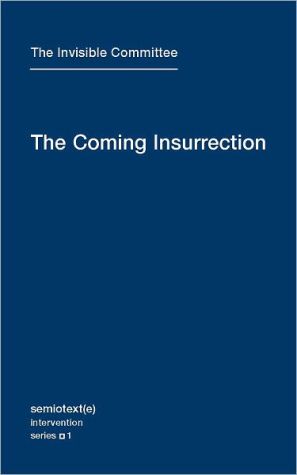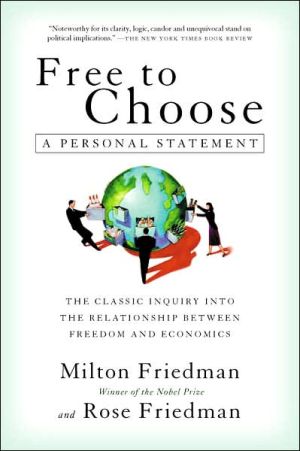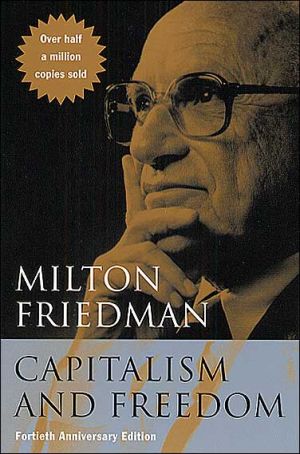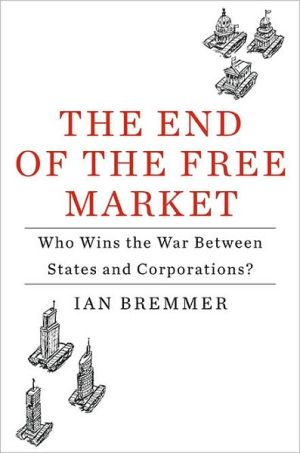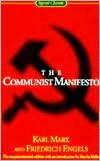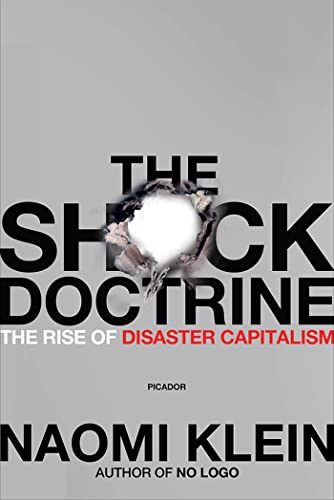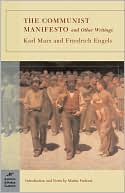First As Tragedy, Then As Farce
Billions of dollars have been hastily poured into the global banking system in a frantic attempt at financial stabilization. So why has it not been possible to bring the same forces to bear in addressing world poverty and environmental crisis?\ In this take-no-prisoners analysis, Slavoj Zizek frames the moral failures of the modern world in terms of the epoch-making events of the first decade of this century. What he finds is the old one-two punch of history: the jab of tragedy, the right...
Search in google:
From the tragedy of 9/11 to the farce of the financial meltdown. Publishers Weekly The charismatic and contentious Zizek (The Sublime Object of Ideology) turns his versatile intelligence and acute ear for irony to a critique of contemporary capitalism. Given the recent financial crisis, Zizek argues that it is now “impossible to ignore the blatant irrationality of global capitalism.” He sifts through recent history to reveal how capitalist ideology functions to defend the system against any serious critique, despite its manifest flaws. He draws a sharp line between liberalism and the radical left, showing how the socialization of the banks—and socialism itself—is actually aligned with the preservation of capitalism rather than inimical to it, and derides “socially responsible” ecocapitalism as another avatar of a bankrupt system. Zizek concludes with a new articulation of “The Communist Hypothesis,” setting socialism and communism as antagonists and presenting a utopian vision that relies on breaking out of the structures and strictures of statism and the markets. An earnest and timely challenge, Zizek's critique of capitalism and repositioning of communist thought is both insightful and well-reasoned, and guaranteed to rile readers across the political and theoretical spectrum. (Nov.)
\ New RepublicThe most dangerous philosopher in the West.\ \ \ \ \ The New YorkerZizek leaves no social or cultural phenomenon untheorized, and is master of the counterintuitive observation.\ \ \ Times Literary SupplementOne of the most innovative and exciting contemporary thinkers of the left.\ \ \ \ \ The Chronicle of Higher EducationThe Elvis of cultural theory.\ \ \ \ \ Los Angeles Times[A] great provocateur and an immensely suggestive and even dashing writer... Zizek writes with passion and an aphoristic energy that is spellbinding.— Richard Rayner\ \ \ \ \ Publishers WeeklyThe charismatic and contentious Zizek (The Sublime Object of Ideology) turns his versatile intelligence and acute ear for irony to a critique of contemporary capitalism. Given the recent financial crisis, Zizek argues that it is now “impossible to ignore the blatant irrationality of global capitalism.” He sifts through recent history to reveal how capitalist ideology functions to defend the system against any serious critique, despite its manifest flaws. He draws a sharp line between liberalism and the radical left, showing how the socialization of the banks—and socialism itself—is actually aligned with the preservation of capitalism rather than inimical to it, and derides “socially responsible” ecocapitalism as another avatar of a bankrupt system. Zizek concludes with a new articulation of “The Communist Hypothesis,” setting socialism and communism as antagonists and presenting a utopian vision that relies on breaking out of the structures and strictures of statism and the markets. An earnest and timely challenge, Zizek's critique of capitalism and repositioning of communist thought is both insightful and well-reasoned, and guaranteed to rile readers across the political and theoretical spectrum. (Nov.)\ \ \ \ \ Library JournalSlovenian-born philosopher Zizek (international director, Birkbeck Inst. for the Humanities, Univ. of London; Violence; Welcome to the Desert of the Real) here argues that only a revolution that aims to overthrow the global capitalist system and replace it with a socialist society can save the world from a dire fate. He writes that, at present, an elite class of the superrich lives in a luxurious world with rare contact with anyone else. The poor have little prospect of improving their condition, and matters are likely to grow worse. As if this were not bad enough, genetic manipulation will be used to ensure a pliant population. What can save us? Only, Zizek writes, a revolution that unhinges all our conventional categories. His analysis of capitalism, although presented with his usual combination of paradox and panache, is based entirely on classical Marxism. VERDICT Zizek seems more expert in Lacanian psychoanalysis than in economic theory, and readers are likely to differ in their assessment of his analysis. There is no doubt, though, that Zizek is an influential thinker, and this short book offers an excellent entry into his thought.—David Gordon, Bowling Green State Univ., OH\ \

